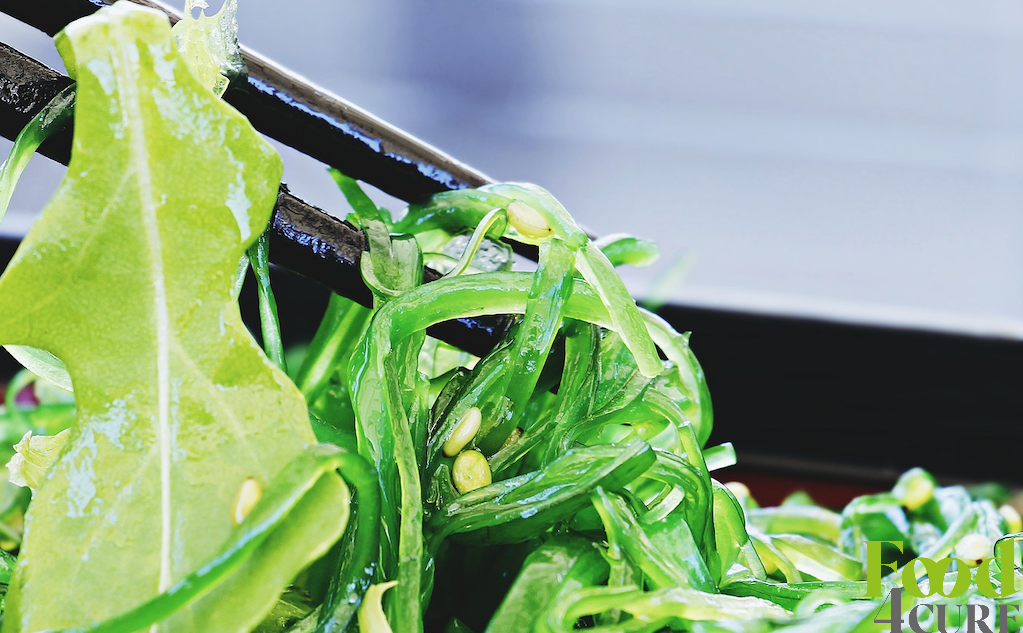🌿 Seaweed is a unique source of vitamin D, specifically vitamin D2 (ergocalciferol). Why is it?
🌞 Vitamin D Synthesis in Seaweed: Seaweed, like all plants, contains a precursor of vitamin D called ergosterol. When exposed to sunlight (UVB radiation), ergosterol undergoes a photochemical reaction, converting it into ergocalciferol, which is a form of vitamin D2.
💡 Conversion of Vitamin D2 to Vitamin D3: While vitamin D2 from plant-based sources, including seaweed, is not as effective in raising blood levels of vitamin D as vitamin D3 from animal sources, it still contributes to the body’s vitamin D status.
🌿 Nutrient Profile: Seaweed is not only a source of vitamin D but also rich in various other nutrients like iodine, fiber, vitamins, and minerals. Healthy addition!
📊 Variability in Vitamin D Content: The vitamin D content in seaweed can vary depending on the type of seaweed, its growth conditions, and exposure to sunlight. Some types of seaweed, such as wakame and hijiki, have been found to contain more vitamin D2 than others.
📚 Scientific Sources:
- Carreiro, A. L., & Dantas, M. I. D. S. (2012). Marine Algae and its Potential for Vitamin D Production. Comprehensive Reviews in Food Science and Food Safety, 11(3), 239-247.
- Mikami, K., & Hosokawa, M. (2003). Biosynthetic Pathways of Vitamin D2 in Freshwater Plant, Hydrocharis dubia. Journal of Nutritional Science and Vitaminology, 49(1), 37-41.



Leave a Reply